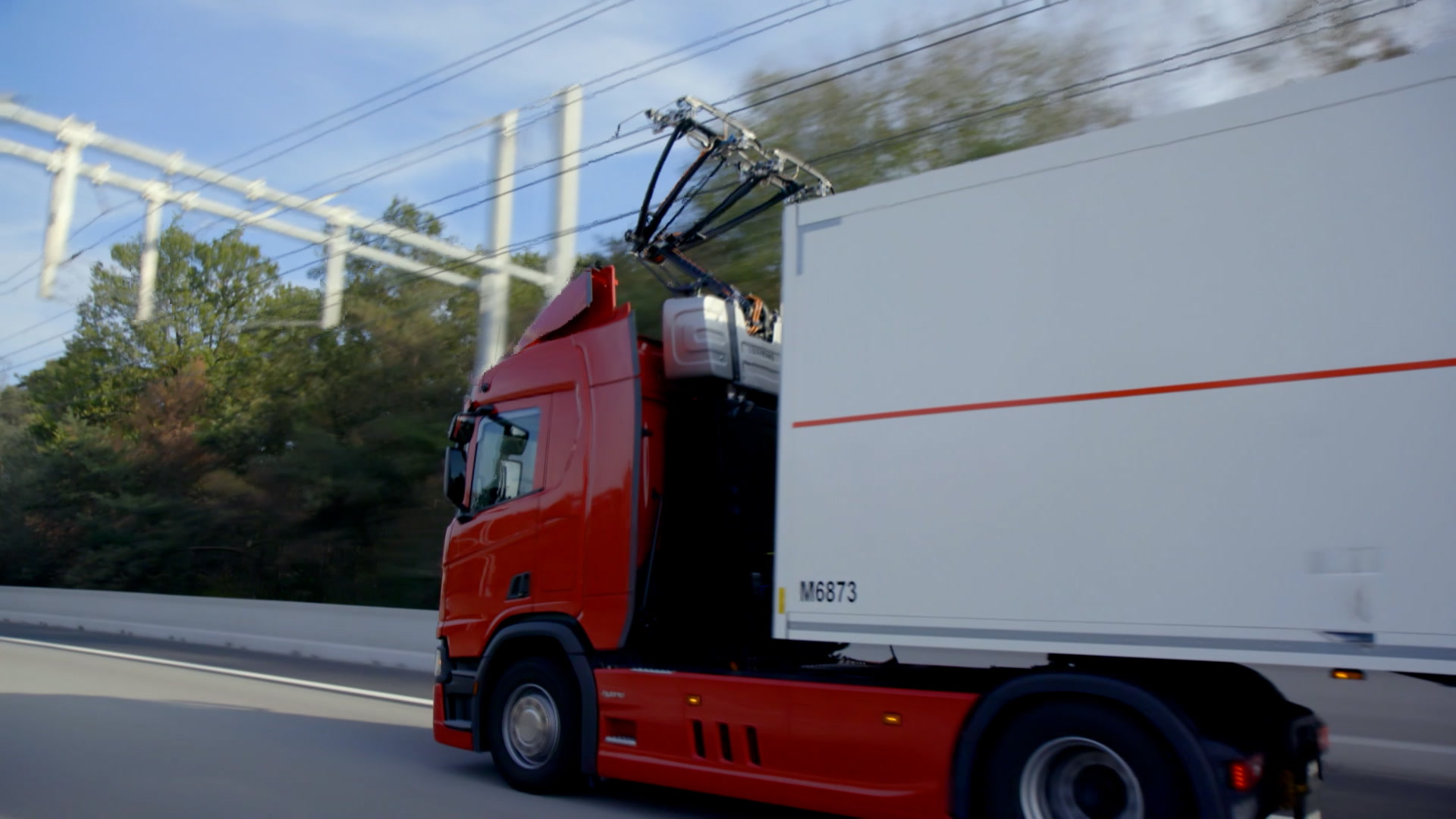Hyperloop One has just gone faster than ever before

Hyperloop One has reached its fastest ever speed of 308 km/h Image: REUTERS/Steve Marcus

Get involved with our crowdsourced digital platform to deliver impact at scale
Stay up to date:
Supply Chain and Transport
Hyperloop One tests are growing ever more impressive, reaching faster speeds and, in the process, showing us what the technology is really capable of. During the latest evaluation, on Saturday, the pod reached speeds of 308 km/h (192 mph) down the company’s 500-meter (1,640-foot) test track in Nevada, before gliding to a graceful halt.
IN BRIEF Hyperloop One has just put its tech through another test, which it passed with flying colors by going 308 km/h (192 mph) — faster than ever before. So, how long until we see the technology implemented, and what challenges will it have to overcome to get to this stage? Hyperloop Onetests are growing ever more impressive, reaching faster speeds and, in the process, showing us what the technology is really capable of. During the latest evaluation, on Saturday, the pod reached speeds of 308 km/h (192 mph) down the company’s 500-meter (1,640-foot) test track in Nevada, before gliding to a graceful halt.
This is a remarkable improvement on the company’s first full system test earlier this summer. During this outing, it traveled farther by a factor of 4.5 times, reached speeds 2.7 times faster, and achieved 3.5 times the horsepower.
Shervin Pishevar, Hyperloop One co-founder, told CNBC, “We’ve got the Hyperloop working. It’s the dawn now […] of the commercialization of the hyperloops. We’ve got conversations and dialogues with governments around the world.”
Pishevar was referring to the worldwide travel he has been undertaking recently. The company is currently looking at various cities in the U.S. to build a loop and is also planning on installing the system in Europe. In fact, Hyperloop One is already undertaking feasibility studies in Finland, Moscow, the Netherlands, Sweden, Switzerland, the United Arab Emirates, and the U.K.
Despite these successes, there are still hurdles that need to be overcome before we see the transportation system of the future. Most prominently, it will need to achieve the right-of-way allowances, land acquisitions, and regulatory approvals that other means of transportation like the railway enjoy.
However, this announcement gives us a reassuring reminder that the future of transport isn’t far away.
Don't miss any update on this topic
Create a free account and access your personalized content collection with our latest publications and analyses.
License and Republishing
World Economic Forum articles may be republished in accordance with the Creative Commons Attribution-NonCommercial-NoDerivatives 4.0 International Public License, and in accordance with our Terms of Use.
The views expressed in this article are those of the author alone and not the World Economic Forum.
The Agenda Weekly
A weekly update of the most important issues driving the global agenda
You can unsubscribe at any time using the link in our emails. For more details, review our privacy policy.
More on Supply Chain and TransportSee all
Rida Tahir
April 9, 2024
Kimberley Botwright and Spencer Feingold
March 27, 2024
Andrea Willige
March 19, 2024
Laia Barbarà and Claudia Galea
March 12, 2024
Zera Zheng, Rico van Leuken and Lars Karlsson
February 23, 2024






